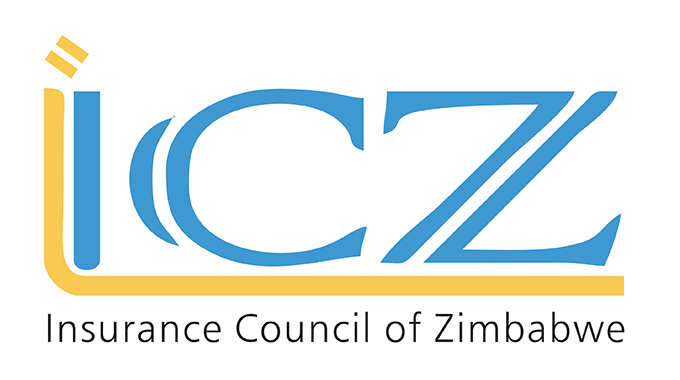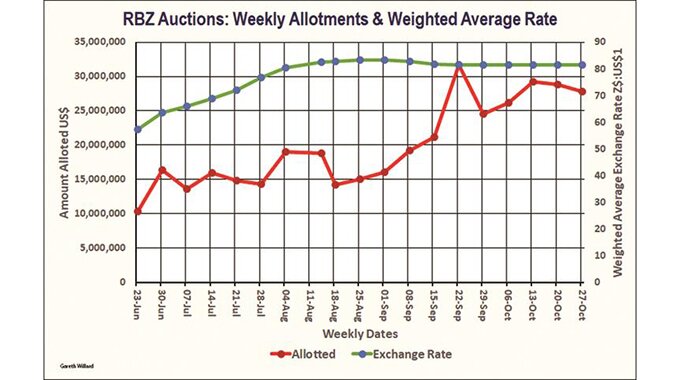Bulawayo Bureau
ZIMBABWE could build a US$70 billion economy by 2030 from the current level of US$21 billion, which will require a consistent annual growth of 10 percent in the coming years, according to the Zimbabwe Investment and Development Agency (ZIDA).
Already the Treasury, with concurrence of the International Monetary Fund (IMF), anticipate that the economy would be out of the woods next year with a positive growth projection of between 4,2 percent to 7,4 percent from an estimated minus 4,5 percent this year.
The positive growth projections come on the back of global economic recovery from the impact of the ravaging Covid-19 pandemic. Zimbabwe would also seek to ride on gains recorded under the Government’s short-term Transitional Stabilisation Programme (TSP 2018-2020).
Despite setbacks induced by external shocks such as droughts and natural disasters, the last two years have seen the country successfully implement tough macro-economic reforms aimed at restoring fiscal and monetary stability, restoring international relations and enhancing the ease of doing business.
Advertisement
Zimbabwe’s 2020 World Bank ranking is 140 from the previous position of 155 after improving by 15 positions. The country is also one of the top 20 on the world and top five in Africa doing business reformers, according to the 2019 World Bank Doing Business Report.
In a document shared with industry captains in Bulawayo as part of contributions to the manufacturing sector’s strategic plan for 2021 and the next five years, ZIDA said creating an upper middle-income economy by 2030 was achievable though tapping into vast investment opportunities across sectors.
Mr Ronald Chirochangu, the chief operating officer for ZIDA, shared the insights from the document during a recent business workshop in Bulawayo. He stated that the newly constituted investment body was geared to scale up efforts to attract increased investment for the economy.
“ZIDA commits to help strategically deliver investment to meet Zimbabwe’s Vision 2030 objective of achieving USD$4 000 GDP per capita, from about US$1 500 currently,” he said.
“To achieve this, Zimbabwe’s economy needs to grow by 10 percent consistently to build the US$70 billion economy by 2030 from the current level of US$21 billion.”
Already key economic sectors have outlined their growth contribution targets in line with Vision 2030. The mining sector alone expects to ramp up production to achieve US$12 billion milestone by 2023 and above target as it moves to 2030.
The tourism sector expects to achieve US$5 billion earnings by 2025, while the agriculture sector is looking at creating up to US$8,2 billion by 2025. Other sectors are working on unveiling their targets.
Economic experts believe the anticipated growth would enable the economy to sustain higher wages, steer aggregate demand as well as tame inflationary pressures, which have recently eroded consumer purchasing power.
Going forward, Mr Chirochangu said ZIDA would increase its advisory mandate and assist in fundraising and facilitation Public Private Partnerships for key investment projects as well as unlocking opportunity under the Special Economic Zones model, working closely with key partners in Government and the private sector at home and abroad.
He revealed that the Key Performance Indicators for the strategic investment body were based on a balanced scorecard matrix that includes among others, accelerating Zimbabwe’s economic growth, improving the ease and cost of doing business in Zimbabwe to make it more competitive, transforming Zimbabwe’s global image and building a world class investment promotion agency.
Advertisement
Mr Chirochangu said these ideals would be achieved through engagement and agreeing with the Ministry of Industry and Commerce on strategic projects such as the revival of the defunct Ziscosteel. He said increased focus will also be put on revitalising key value chains to drive growth, investment and innovation and further improving the ease and cost of doing business through the One Stop Centre facility.
The Government promulgated the ZIDA Act on 7 February 2020 and the organisation came into existence through the repeal and amalgamation of three statutes.
These are; the Zimbabwe Investment Authority Act (Chapter 14:30), the Joint Ventures Act (Chapter 22:22) and the Zimbabwe Special Economic Zones Act (Chapter 14:34).
Under this Act, ZIDA’s main mandate involves promoting, planning and implementing investment promotion strategies, facilitating entry and implementation of investment projects, establishing and regulating special economic zones.
The organisation is also tasked with specifically promoting, appraising and recommending private public partnerships, investor after-care and monitoring of projects as well as promoting decentralisation of investment activities
– HERALD








